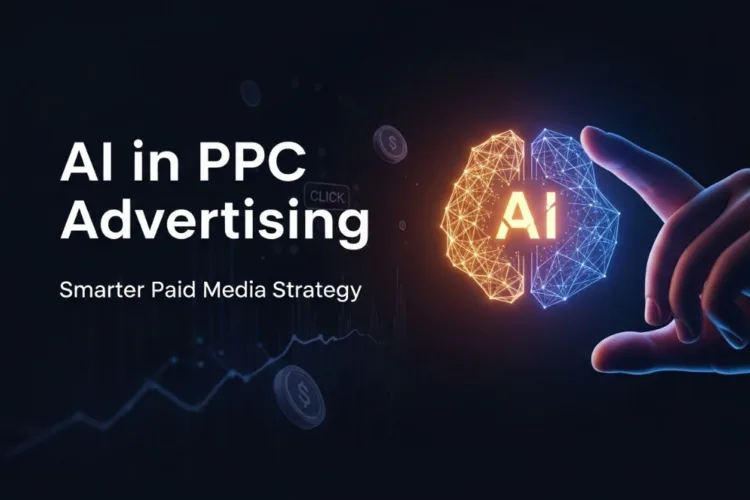
Getting your content featured means more than just good SEO, as AI tools like ChatGPT, Google AI Overviews, and Perplexity reshape search. These models pull from high-quality, trustworthy sources. To stand out in this search, focus on value. Write, mention credible sources, and offer unique insights.
If you want your content to show up in AI-generated search results, you’ll need more than just traditional SEO. The rules are changing instantly, and it’s essential to stay up-to-date. Here are some practical tips to help your content get noticed by AI and the people using it.
What’s This New Change in Search?
There’s a lot of debate over what to call this new wave—some say Generative Engine Optimization (GEO), others discuss AI Overviews (AIOs), or “Search Everywhere Optimization.” Regardless of the term, the goal is the same: make your content valuable and visible to AI tools like ChatGPT and Google’s AI Mode.
AI is increasingly changing how users interact with search; older tactics, such as focusing only on keywords or clicks, are no longer enough.
1. Share Something New
Just like a PR team can’t promote a brand with no real story, your content won’t stand out if it doesn’t offer anything original. For years, websites have copied the same “ultimate guide” formats, trying to dominate search results. But that’s not working anymore.
Instead, aim to offer new insights, unique data, or original research. Google’s Information Gain patent supports this: content must provide new, valuable information to stand out.
For better chances of being used by AI:
- Be transparent about the source of your data.
- Explain your methods and any limitations.
- Keep updating your data regularly to stay relevant.
2. Stop Depending on Keywords Alone
Forget creating one version of content to reach all English-speaking regions. With AI, marketers now have to produce region-specific content to maintain the same traffic levels as before.
Keyword tools don’t tell you who your audience is; they only show what words trigger ads on Google. That means your content might reach students, retirees, or anyone else, but you’re not truly targeting anyone. In today’s AI-driven world, generic content just doesn’t cut it.
If your content strategy is built entirely on keyword research, it’s time to rethink. You’re optimizing for the wrong kind of search.
3. Use AI Inputs, Not Outputs
Some marketers suggest that creating data-rich, research-based content helps AI find and cite you. That’s true, but only if the research is original and created by humans. Your content will likely adopt a more conversational tone, aligning more closely with the natural language and question-based prompts your target audience uses when searching for solutions.
Don’t depend on AI tools to write the content you want AI to pick up. AI tends to repackage existing information, and search engines know when content is AI-generated.
If your content is just an echo of what’s already online, AI models will avoid using it to train or generate responses.
Instead:
- Use real-world sources.
- Run your surveys or gather original insights.
- Build backlinks and media coverage to show authority.
4. SEO Still Matters, But in a New Way
Unlike traditional SEO, where a higher word count often translates to better performance, AI-generated content faces additional challenges such as increasing energy consumption and limited chip availability.
As a result, content must be crafted with greater efficiency, more concise and meaningful, so that AI systems can quickly analyze and interpret it before assessing its overall value. Even though AI and SEO are different, some best practices still help:
- Make sure your website loads fast.
- Use structured data (schema) to give search engines more context.
- Organize content clearly with headings and jump links.
- Make your content easy for AI models to access.
These won’t guarantee success with AI, but they help make your content easier to find and process.
5. Write for Humans
AI tools don’t reference weak, recycled content; they already generate enough of that themselves. Instead, they look for fresh, human-made sources to cite. While some reason that high-quality AI-written content should still be picked up, most LLM developers avoid training on AI-generated material.
Why? Because AI writing often follows predictable patterns and lacks the variation of real experience or fine humour. It’s easy for both humans and machines to spot. If you want your content to stand out and be cited by AI, keep it original and keep it human.
To stand out in AI-driven search, share fresh, meaningful insights grounded in real research. Strong SEO still matters, but clarity, originality, and human relatability matter more. AI may materialize it, but people are the ones who engage with it. In this new search field, the most impactful creators won’t be the loudest; they’ll be the most authentic and clear.



